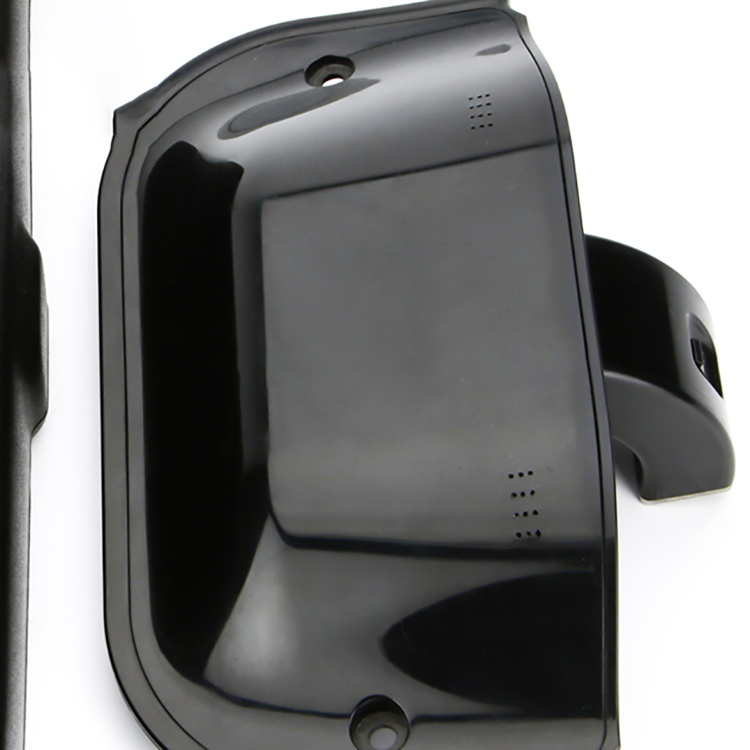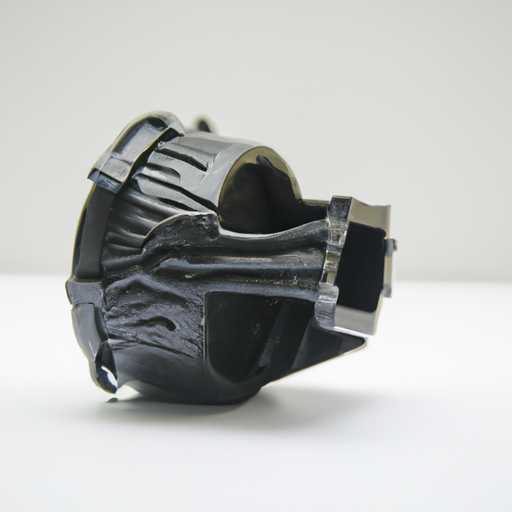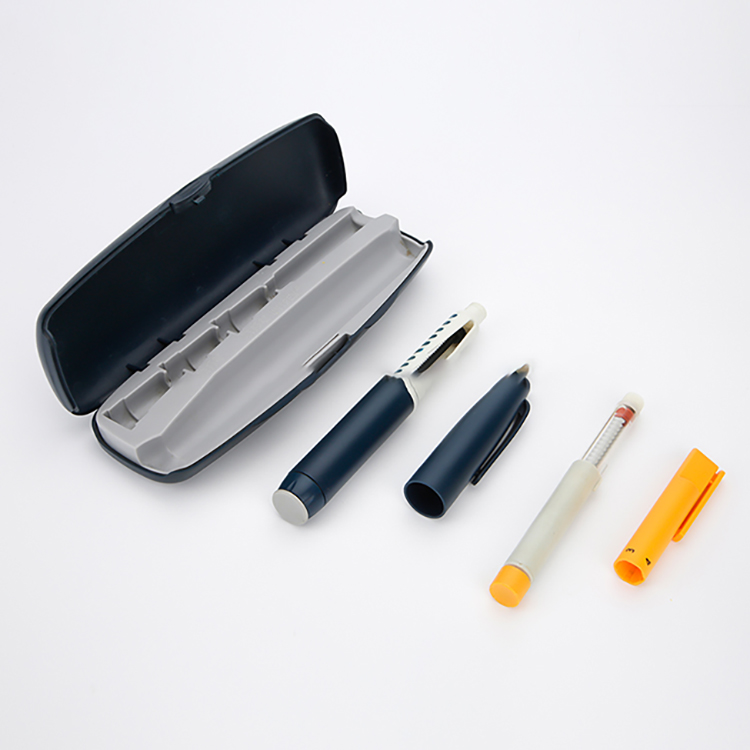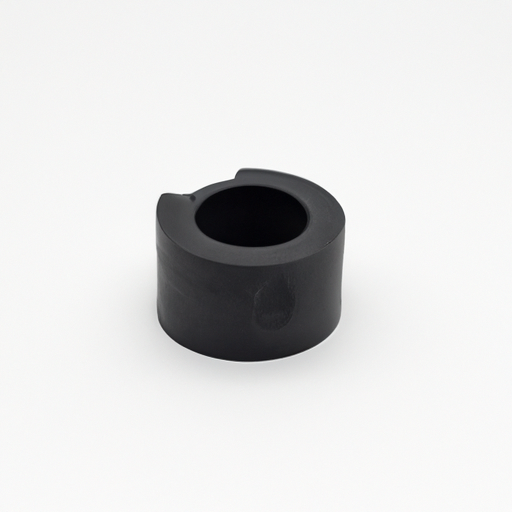Table of Contents
The Benefits of Using Plastic Nylon Hardware Components in Manufacturing
Plastic nylon hardware components have become increasingly popular in the manufacturing industry due to their numerous benefits. These components are made from a type of thermoplastic polymer known as nylon, which is known for its durability, strength, and resistance to wear and tear. In this article, we will explore the advantages of using plastic nylon hardware components in manufacturing processes.
One of the key benefits of plastic nylon hardware components is their high strength-to-weight ratio. Nylon is a lightweight material that is incredibly strong, making it ideal for use in a wide range of applications. Whether it’s in automotive, aerospace, or consumer electronics, plastic nylon hardware components can provide the strength and durability needed to withstand the rigors of everyday use.
In addition to their strength, plastic nylon hardware components are also highly resistant to abrasion and wear. This makes them ideal for use in applications where components are subject to constant friction or contact with other surfaces. Unlike metal components, plastic nylon hardware components do not rust or corrode, making them a more durable and long-lasting option for manufacturers.
Another advantage of plastic nylon hardware components is their versatility. Nylon is a highly moldable material that can be easily shaped into a variety of complex designs and configurations. This flexibility allows manufacturers to create custom components that meet their specific needs and requirements. Whether it’s a small, intricate part or a large, structural component, plastic nylon hardware components can be tailored to fit any application.
Furthermore, plastic nylon hardware components are also resistant to chemicals and solvents, making them suitable for use in harsh environments. This resistance to chemicals allows manufacturers to use plastic nylon hardware components in applications where exposure to corrosive substances is a concern. Additionally, nylon is a non-conductive material, making it ideal for use in electrical and electronic applications where insulation is required.
In terms of cost, plastic nylon hardware components are often more affordable than their metal counterparts. Nylon is a relatively inexpensive material to produce, making it a cost-effective option for manufacturers looking to reduce production costs. Additionally, the lightweight nature of nylon can also lead to savings in shipping and handling costs, further adding to the overall cost-effectiveness of using plastic nylon hardware components.
Overall, the benefits of using plastic nylon hardware components in manufacturing are clear. From their high strength-to-weight ratio and resistance to wear and tear, to their versatility and cost-effectiveness, plastic nylon hardware components offer a range of advantages that make them an attractive option for manufacturers. Whether it’s in automotive, aerospace, or consumer electronics, plastic nylon hardware components can provide the durability and performance needed to meet the demands of modern manufacturing processes.
How to Properly Maintain and Care for Plastic Nylon Hardware Components
Plastic nylon hardware components are commonly used in a variety of applications, from automotive parts to household appliances. These components are known for their durability, strength, and resistance to wear and tear. However, like any other material, plastic nylon hardware components require proper maintenance and care to ensure their longevity and performance.
One of the most important aspects of maintaining plastic nylon hardware components is regular cleaning. Dust, dirt, and other debris can accumulate on the surface of these components, leading to a decrease in performance and potentially causing damage over time. To clean plastic nylon hardware components, simply use a mild detergent and water solution. Avoid using harsh chemicals or abrasive cleaners, as these can damage the surface of the components.
After cleaning, it is important to dry the plastic nylon hardware components thoroughly to prevent water damage. Use a soft, lint-free cloth to gently pat the components dry, taking care not to scratch or damage the surface. Once the components are dry, you can apply a small amount of silicone lubricant to help maintain their smooth operation.
In addition to regular cleaning, it is important to inspect plastic nylon hardware components for any signs of wear or damage. Look for cracks, chips, or other imperfections that could compromise the integrity of the components. If you notice any damage, it is important to address it promptly to prevent further issues.

When storing plastic nylon hardware components, it is important to keep them in a cool, dry place away from direct sunlight and extreme temperatures. Exposure to heat and sunlight can cause the components to degrade over time, leading to a decrease in performance and durability. Additionally, storing the components in a clean, organized manner can help prevent damage and make it easier to locate them when needed.
If you are using plastic nylon hardware components in a high-stress environment, such as in a vehicle or industrial setting, it is important to regularly inspect and replace the components as needed. Over time, the constant wear and tear of these environments can cause the components to degrade, leading to potential safety hazards and performance issues. By staying proactive and replacing worn or damaged components, you can ensure the continued reliability and performance of your equipment.
| Product Name | OEM Plastic injection molding Parts |
| Drawing Formats | 2D(PDF/CAD) And 3D(STP/STEP) |
| Materials | ABS / PC+ABS / PC / PP / Nylon (PA6/66) / POM / PVC / PMMA / TPE / TPU / PC+GF / Etc. |
| Production Process | Orders-Raw Materials- Production-Quality Inspection -Packaging-Shipment |
In conclusion, proper maintenance and care are essential for ensuring the longevity and performance of plastic nylon hardware components. By regularly cleaning, inspecting, and storing these components properly, you can prevent damage and ensure their continued functionality. Whether you are using plastic nylon hardware components in a household appliance or a high-stress industrial setting, taking the time to care for these components will pay off in the long run.




